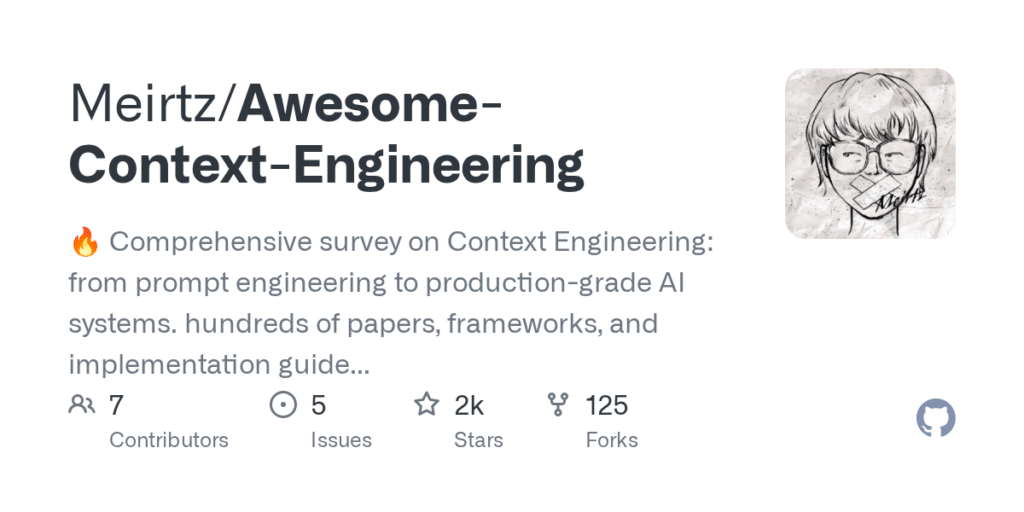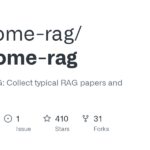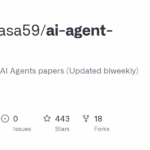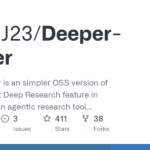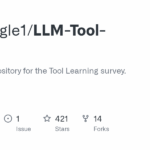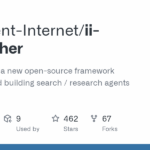Awesome Context Engineering
Basic Information
This repository is a comprehensive, curated survey and resource hub for Context Engineering — the practice of assembling, formatting and optimizing the complete information payload given to large language models at inference time. It collects and organizes academic papers, surveys, benchmarks, theoretical frameworks and implementation notes that contrast static prompt engineering with dynamic, structured context assembly. The README defines context engineering formally, presents a Bayesian and optimization-based view, and breaks the field into components such as retrieval-augmented generation, memory systems, agent communication, tool/function calling, context scaling and multimodal integration. It also links to published survey work from the authors and to community channels, and provides contribution, citation and licensing information to support ongoing research and collaborative updates.

